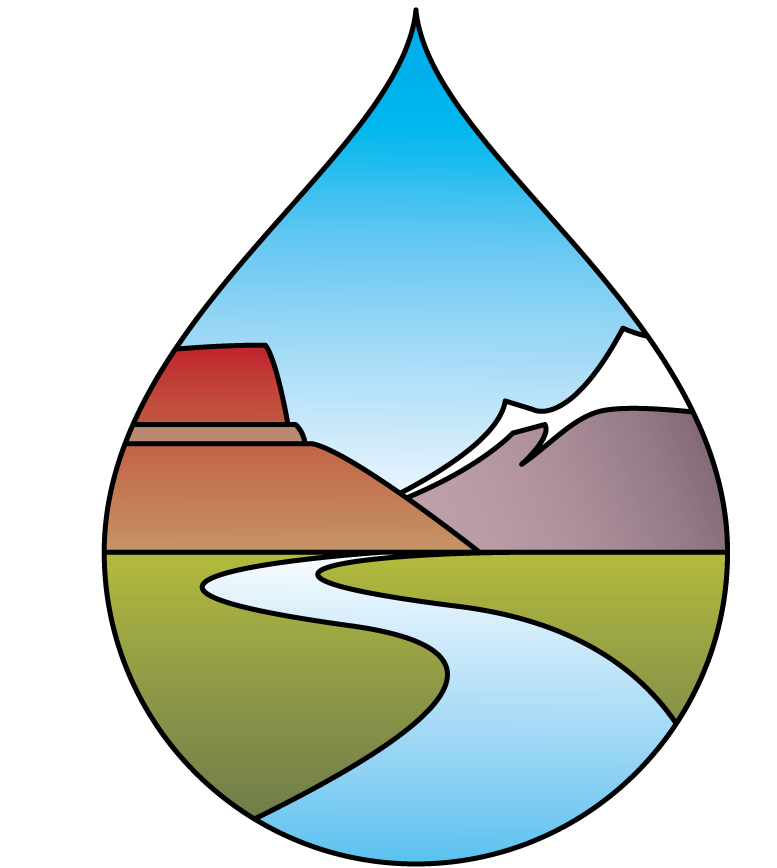To view and download the newsletters, click on the link below:
Issue #2674
Issue #2674 Special Report
HIGHLIGHTS
- President Trump’s August 7 Executive Order requires agencies to appoint senior officials to review all new federal grant opportunities in coordination with OMB, ensuring they are concise, necessary, in plain language, and aligned with administration priorities while broadening the pool of recipients and favoring lower indirect costs.
- On July 30, NASA and ISRO launched the NISAR satellite, which will use advanced radar to monitor nearly all of Earth’s land and ice twice every 12 days, providing unprecedented data for disaster response, infrastructure monitoring, environmental change tracking, and agricultural management.
- DOI announced $102.9 million in NAWCA funding to conserve, restore, or enhance over 548,000 acres of wetlands and upland habitat, supporting migratory birds, local economies, and public recreation opportunities.
- At its July 29–31 Western Water Seminar, NWRA convened federal, state, and local leaders to discuss western water policy, infrastructure, and environmental challenges, with WSWC’s Tony Willardson highlighting the Council’s 60-year history, data-driven tools, and the need for state leadership, resource leveraging, and long-term planning to navigate future water crossroads.
- Oklahoma Governor Kevin Stitt appointed ODEQ Executive Director Robert Singletary to the WSWC and its Water Quality Committee, succeeding Shellie Chard.
- The 19th Biennial Symposium on the Settlement of Reserved Indian Water Rights Claims, co-hosted by the Native American Rights Fund and the Western States Water Council, brought together tribal, federal, state, and legal experts to discuss the history, processes, challenges, and successes of negotiating Indian water rights settlements as an alternative to litigation. Speakers emphasized the seniority and cultural importance of tribal water rights, the need for sustained intergovernmental collaboration, the complex legislative and implementation processes, and the long-term benefits of settlements for water security, sovereignty, and community well-being across the West.
